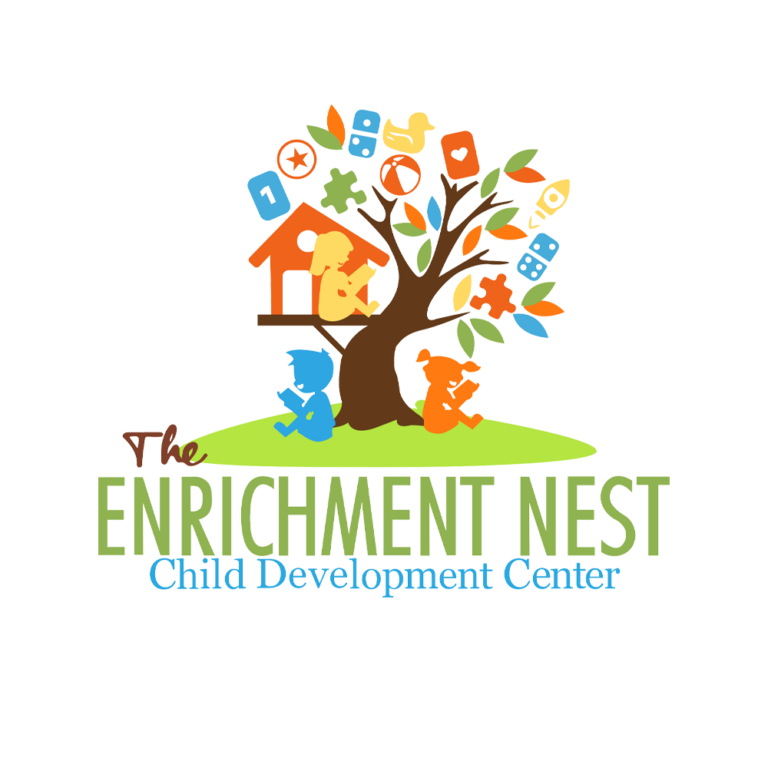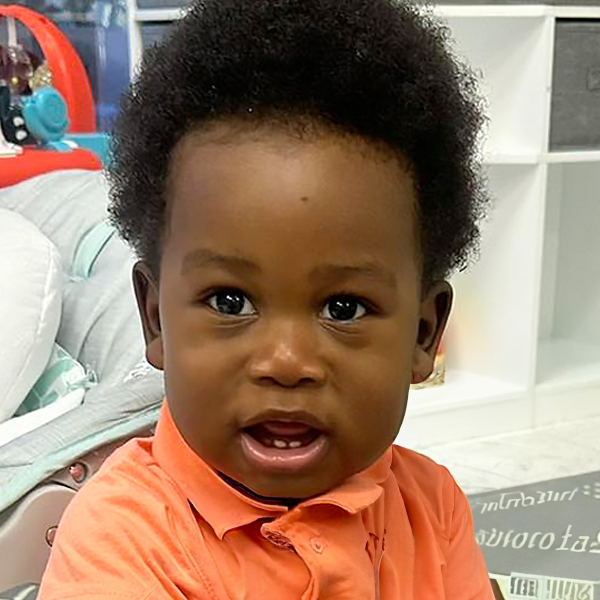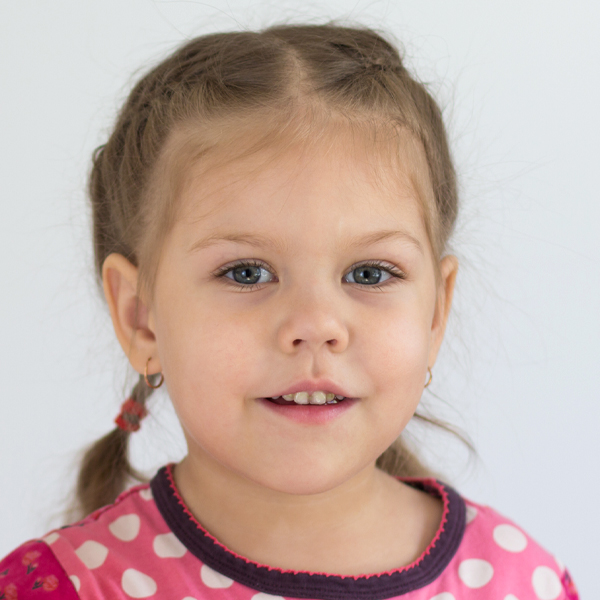In the tender years of infancy and toddlerhood, every interaction lays the foundation for a child’s social and emotional development. As parents and caregivers, we hold the key to nurturing these vital skills that shape their future. Understanding effective strategies to prevent challenging behavior and promote social and emotional well-being in our little ones not only benefits them but also us as caregivers.
1. Responsive Caregiving:
At the core of fostering healthy social and emotional development lies responsive caregiving. Being attuned to an infant’s cues and promptly responding to their needs builds a sense of trust and security. This foundational bond sets the stage for positive interactions and emotional regulation in toddlers. As caregivers, we benefit from a deeper connection with our children, fostering a sense of fulfillment and confidence in our parenting journey.
2. Establishing Routines:
Consistency and predictability are essential for infants and toddlers to feel safe and secure. Establishing daily routines for feeding, sleeping, and play creates a sense of stability, reducing anxiety and minimizing challenging behaviors. Additionally, routines provide opportunities for learning and interaction, promoting social skills such as turn-taking and cooperation. As parents, the peace of mind that comes with a well-established routine allows us to navigate our day with greater ease and confidence.
3. Encouraging Exploration and Play:
Play is the language of childhood, offering infants and toddlers a platform for exploration, creativity, and social interaction. Providing a safe and stimulating environment encourages curiosity and problem-solving skills while fostering friendships and cooperation. Engaging in play with our children not only strengthens our bond but also enhances our understanding of their unique personalities and developmental milestones.
4. Modeling Emotion Regulation:
Infants and toddlers look to us as role models for navigating the complex world of emotions. By demonstrating healthy coping strategies and expressing emotions in a constructive manner, we teach them invaluable skills for managing their own feelings. Through our actions, we instill a sense of empathy and resilience in our children, empowering them to navigate social interactions with confidence and compassion.
Ending:
In the journey of parenthood, the early years present a precious opportunity to shape the future of our children. By implementing these strategies to prevent challenging behavior and promote social and emotional skills in infants and toddlers, we not only enrich their lives but also deepen our own sense of fulfillment and connection as parents. Together, let us nurture tiny hearts and lay the foundation for a lifetime of thriving relationships and emotional well-being.
Remember, the investment we make in fostering social and emotional development today will yield priceless dividends for generations to come.
So, let’s embrace this journey with love, patience, and the unwavering belief in the boundless potential of our little ones.






